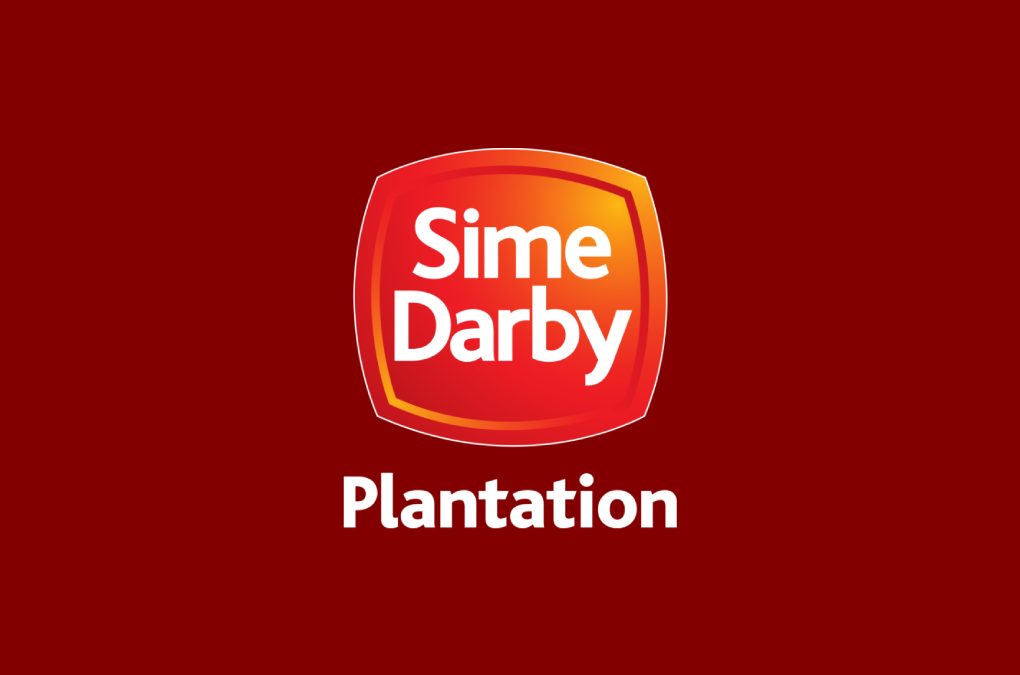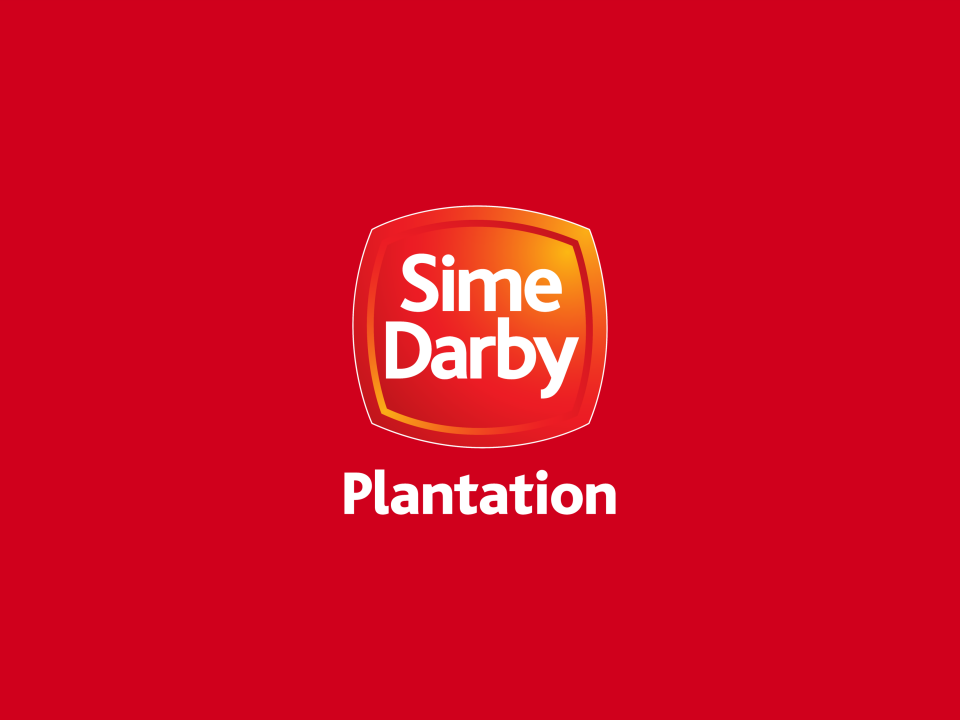Sime Darby Plantation Berhad and Universiti Malaysia Sabah Collaborate in Research on Forest Restoration Within the Sapong Estate’s Oil Palm Landscape


Sime Darby Plantation Berhad and Universiti Malaysia Sabah Collaborate in Research on Forest Restoration Within the Sapong Estate’s Oil Palm Landscape
KOTA KINABALU, 3 September 2020 – Sime Darby Plantation Berhad (SDP), the world’s largest producer of certified sustainable palm oil (CSPO), and Universiti Malaysia Sabah (UMS), the country’s leading research university in agriculture and forestry, announced a collaboration to conduct a research program on the secondary forest located within SDP’s Sapong Estate in Sabah. The area, which is adjacent to the Lumaku Forest Reserve, has been undisturbed for over 40 years.
In a ceremony to announce the collaboration, a memorandum of agreement (MOA) was signed between SDP’s Chief Executive Officer, Upstream Malaysia, Roslin Azmy Hassan and UMS’ Vice-Chancellor, Prof Datuk ChM. Dr Taufiq Yap Yun Hin, and witnessed by SDP’s Regional Chief Executive Officer (Sabah), Mohd Faris Adli Shukery together with UMS’ Registrar, Vina Zahriani Yusof. The exchange of documents was made in the presence of UMS’ Board of Directors Chairman, Datuk Seri Panglima Masidi Manjun and SDP’s Head of Group Sustainability, Rashyid Redza Anwarudin.
The MOA that will run for five years will see both organisations teaming up to study the restoration of biodiversity, carbon sequestration and enhancement of ecosystem within the 282.21ha secondary forest. The team will document the diversity of flora and fauna to create a baseline that will help track long-term changes in diversity, assess the above-ground carbon stock, as well as monitor water quality and riparian management on site.
The results from this collaborative ground-work will then be used to develop rehabilitation and restoration strategies to help turn the project area into SDP’s first High Conservation Value (HCV) forest model.
HCV is defined as areas containing significant biodiversity values as well as those that provide basic services in critical situations, including erosion control or large landscapes with natural habitats or rare, threatened and endangered ecosystems, as well as those that fundamentally meet the basic needs of local communities and are critical to their traditions and cultural identity.
SDP has committed to increasing forest carbon stock and protecting HCV areas identified within its estates globally as part of its pledge to uphold the No Deforestation, No Peat and No Exploitation (NDPE) policy. This strategic partnership will help guide the Company in its endeavour to achieve a deforestation-free palm oil supply chain that also protects the ecosystems surrounding its plantations.
“The fight against deforestation has taken a front seat on the global platform and Sime Darby Plantation shares the world’s concerns over the destruction of forests. We are determined to do our part in ensuring that the forests in and around our operation sites remain protected and enhanced so that we can help to conserve and further improve the biodiversity in these lush landscapes.
“As with many of our sustainability endeavours, we cannot do it alone. Sime Darby Plantation values the partnerships that we have built with like-minded organisations and institutions throughout our sustainability journey. We are delighted to have forged a similar partnership with University Malaysia Sabah today,” said SDP’s Chief Executive Officer, Upstream Malaysia, Roslin Azmy Hassan.
In addition to studying and enhancing the ecosystem of the forest, the collaboration will also help build the capabilities of participating undergraduate and postgraduate students from UMS.
The tropical site will be reserved as SDP – UMS’ educational forest that will benefit both organisations in their endeavour to explore conservation values in HCV grounds.
“To UMS, this agreement is proof of a commitment to translate locally bred knowledge into actions on the ground while at the same time address environmental concerns of Sabah.” said Universiti Malaysia Sabah’s Vice-Chancellor, Prof Datuk ChM. Dr Taufiq Yap Yun Hin. The project has already begun with several on-going initiatives, including the installation of 12 camera traps within the project ground to identify possible Rare, Threatened and Endangered (RTE) wildlife species. The team has identified three approaches for riparian restoration which includes enrichment planting, assisted natural regeneration and establishing a controlled area. These approaches will help in assessing the efficiency of the Roundtable on Sustainable Palm Oil’s best management practices to manage and rehabilitate riparian reserves. To get the ball rolling on the tree-planting approach, a total of 2000 seedlings will be planted by the parties as part of the forest area restoration initiative. UMS has donated 900 seedlings including 17 species of forest trees for riparian restoration purposes in the research area. In addition to 1100 more seedlings contributed by SDP, the new trees that will be planted in the area will soon join the ranks of the over 1.4 million trees SDP has planted since 2008 through the Sime Darby Plantation’s Plant-A-Tree project initiated across its operations globally.